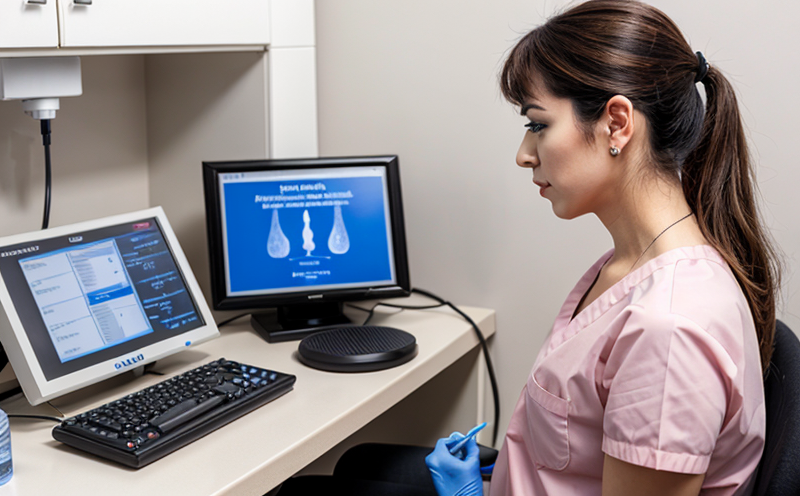Endocrine Biomarker Testing in Rodent Models
In the realm of clinical and healthcare testing, particularly within endocrinology and hormone testing, accurate biomarker evaluation is crucial for understanding hormonal imbalances and their impacts on health. This service focuses on the precise determination of endocrine biomarkers using rodent models—a vital step in translational research aimed at identifying new therapeutic targets.
Using rodent models allows researchers to study complex biological processes that are difficult or unethical to observe directly in humans. These models provide a controlled environment where specific variables can be manipulated, offering insights into disease mechanisms and potential treatments. The testing of biomarkers such as insulin, thyroid hormones (T3 and T4), growth hormone (GH), and sex steroids like testosterone and estrogen is essential for early-stage research.
The process begins with the selection of appropriate rodent strains that align with the specific physiological responses being studied. Commonly used species include rat and mice, each having distinct metabolic pathways and genetic profiles that make them suitable for different types of studies. Specimen collection involves obtaining blood samples or tissue biopsies, which are then processed according to standardized protocols.
The instrumentation used in this service includes advanced mass spectrometers capable of detecting minute quantities of biomarkers with high precision. Chromatography techniques ensure separation and purification of the target compounds before analysis. Following extraction, quantification is performed using validated methods such as ELISA (Enzyme-Linked Immunosorbent Assay) or LC-MS/MS (Liquid Chromatography-Mass Spectrometry).
Our laboratory adheres strictly to international standards including ISO 17025 for proficiency in technical testing and calibration, ensuring reliability of results. Compliance with regulatory requirements like FDA guidelines ensures that all findings are robust enough for further clinical trials.
- Customer Impact: By providing accurate biomarker data early on in development stages, our clients benefit from accelerated drug discovery processes leading to more effective treatments sooner.
- Sustainability: Minimizing waste through efficient sample handling and reagent use promotes eco-friendly practices within the laboratory environment.
Industry Applications
The application of endocrine biomarker testing in rodent models spans multiple sectors including pharmaceuticals, biotechnology, and academia. Pharmaceutical companies leverage this service to identify novel drug candidates targeting hormonal disorders such as diabetes mellitus or hypothyroidism.
In biotech firms focused on gene therapy development, these tests help assess the efficacy of treatments aimed at correcting abnormal hormone levels resulting from genetic mutations. Academics use rodent models extensively in basic research to explore fundamental aspects of metabolism and reproduction.
Customer Impact and Satisfaction
The precision and reliability of our endocrine biomarker testing contribute significantly to customer satisfaction across various industries. For pharmaceutical firms, early identification of promising drug candidates translates into faster time-to-market, reducing development costs. Academic institutions appreciate the robust data generated by this service which supports high-impact publications. Procurement departments benefit from improved supply chain management through better-informed decisions regarding contract negotiations.
Our commitment to quality and continuous improvement ensures that our clients receive cutting-edge information they can trust. Positive feedback underscores our dedication to excellence, reinforcing our reputation as leaders in this field.
Environmental and Sustainability Contributions
Incorporating sustainable practices into laboratory operations is a priority for us. By minimizing waste through efficient sample handling and reagent use, we contribute positively to our environmental footprint. Additionally, the controlled conditions under which experiments are conducted help reduce unnecessary animal experimentation, thereby aligning with ethical standards.





